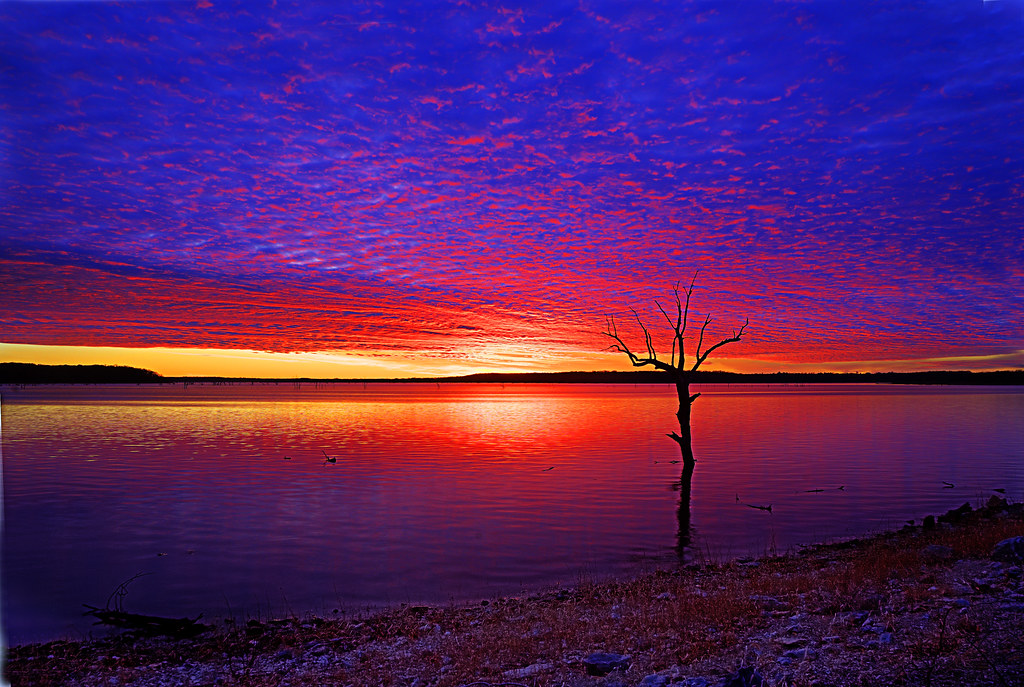 |
| Photo credit: Kansas Poetry (Patrick) on Flickr |
So this is something I’ve really had to think about lately, while revising one of my WIPs and preparing to revise another WIP, which is also in need of major world-building.
Once you’ve established your world-building elements, whether it’s technology, magic, setting, culture, etc., step two is to isolate each of those major elements and think about how it affects your protag's world.
For example, if you’re incorporating some form of magic into your world, you need to think about the implications. Does everyone use magic? If so, is it considered normal? If so, is it considered unnatural or weird for someone to not use magic? If this is a more modern-day setting, do they have technology that works with the magic, or are they two very separate entities? Do they cancel each other out?
This works the same way with technology or fun gadgets. Say you have a Sci-Fi world with a technology that extends lifespan. How does that affect population growth? Does everyone have access to that technology? Is it free, or extremely expensive, so only the wealthy can afford it? How does this affect society’s perception of youth and old age? Does it affect how society views illness, whether chronic, terminal, or the flu?
The ripple effect demonstrated here, to me, is key to effective and believable world-building. Every element of world-building you write into your novel has some sort of influence on your characters’ world—and sometimes it takes a little extra brainstorming to realize that any one element has more of an effect than you may have originally imagined when you first dreamed up the element.
Can you think of any ripple effect world-building examples from a book, movie or TV show?
Twitter-sized bites:
Have you considered the ripple effect of your worldbuilding? Writer @Ava_Jae discusses this important step. (Click to tweet)
"Once you’ve established your worldbuilding elements...think about how it affects your protag's world." (Click to tweet)








6 comments:
Great post and I totally agree with you!!! In my opinion this is really one of the most fun part about writing. You get like one central thought, I want to have this in my world, and then when you think about it it can lead to so much more stuff you never thought about before. One small idea can make yout world grow so much.
For example I decided I wanted dragons in my story because I think they are really cool and I love them. Then suddenly I have a back story on how my country was created, on how so much knowledge was lost and so on because I had suddenly thrown dragons into the world.
The fun part for me is that you never know where you end up, you never know how it's going to end up influensing your world. There is always a surprise in store you just have to keep looking for it.
World-building! It's so challenging and fun, I honestly think it's the heart of writing, right next to character conception. Every story I've ever written has started either with an idea of a world, or of a particular character's plight. Right now, I'm working on tweaking a world I created for a WIP. I used a lot of Greek mythology mixed into it for the first draft, and now I have to figure out how to smooth it out so it's my own creation with hints of Greek mythology.
Your posts are always strangely relevant to me. I've had to do some massive world building for my current WIP, imagining how the Earth would have developed if everyone had superpowers from birth, if that's just how humans always were. I found it helped to do a big brainstorming chart focusing on different aspects such as architecture: if everyone can fly then no one would have bothered to invent stairs, windows would exist to be entrances and exits on every level. For another example, life spans: if people have regenerative powers they will probably live a lot longer which would impact relationships, as it would become normal for couples to fall in love, raise kids together and then amicably split up further down the line and it would be seen as entirely positive. That would then mean massive, interconnected families.
Anyway, a similar example from the movie world would be superhero movies. They often deal with the emergence of powers in humans but these have a lot of effects on things such as societal changes (prejudice), and home security worries.
Thanks. It might be something I have to adjust once I complete the first draft
Fair enough! That's what revisions and edits are for, after all.
What fantastic examples! I love that you thought down to the architecture and societal expectations—it's those kinds of details that really make worldbuilding come alive. :)
That's also a great point about superhero movies. Part of the reason I love the Marvel universe so much is because they think about how super-powered characters, alien encounters and near-world destruction affects society on many levels.
Post a Comment